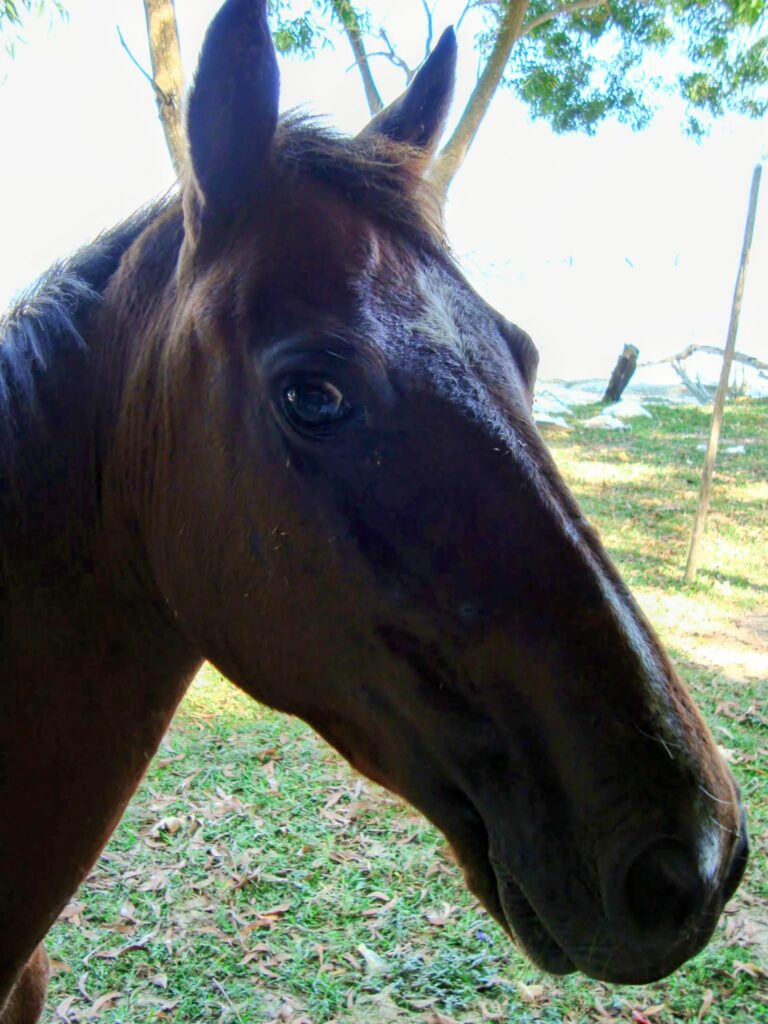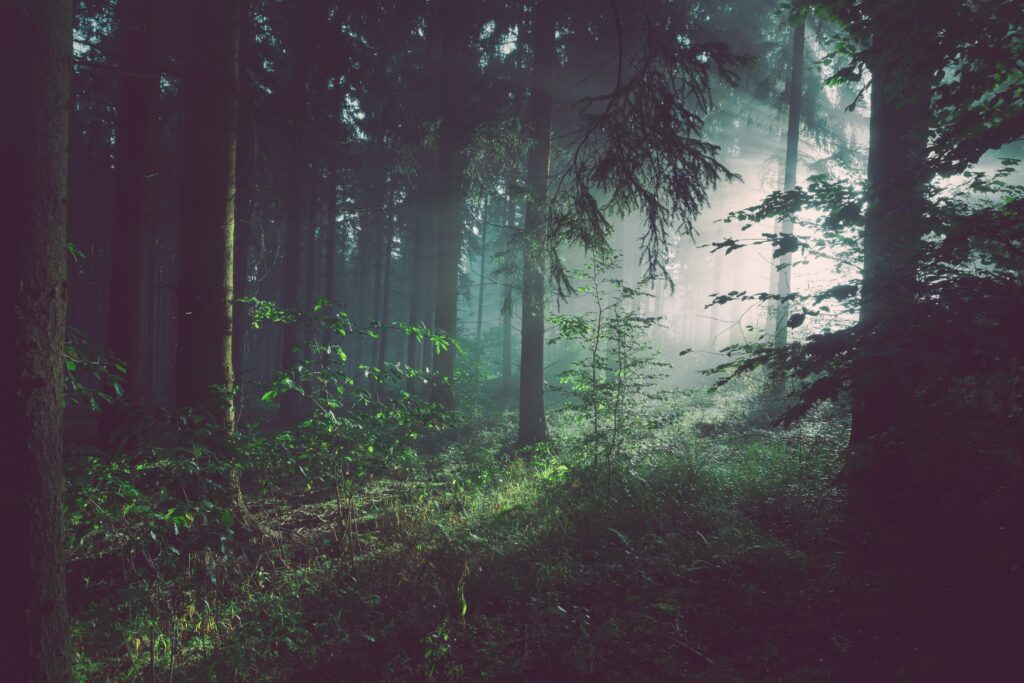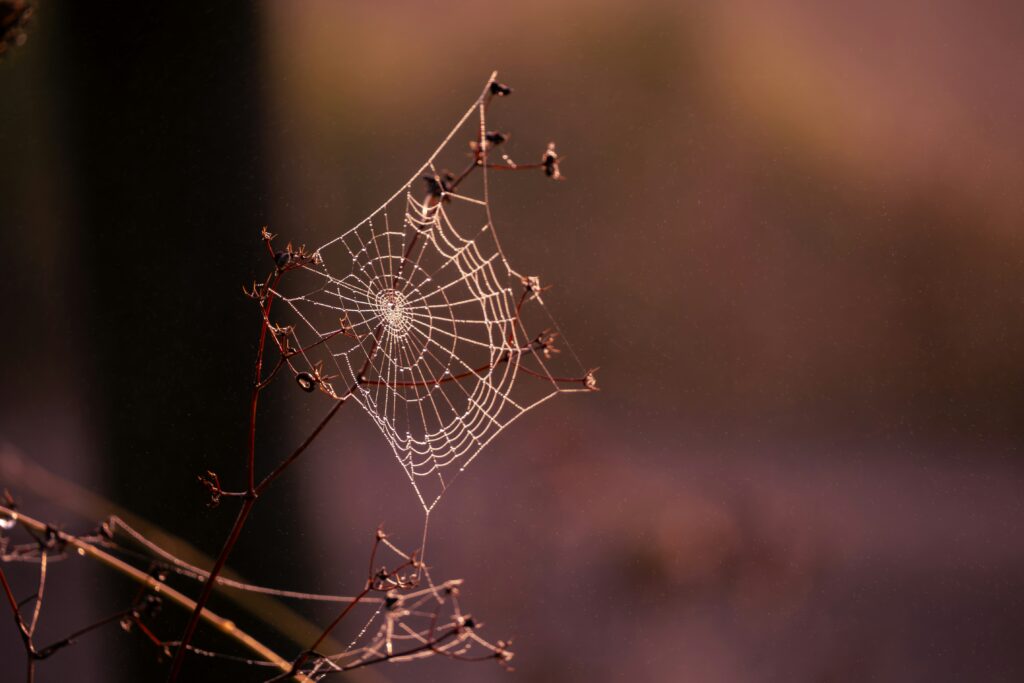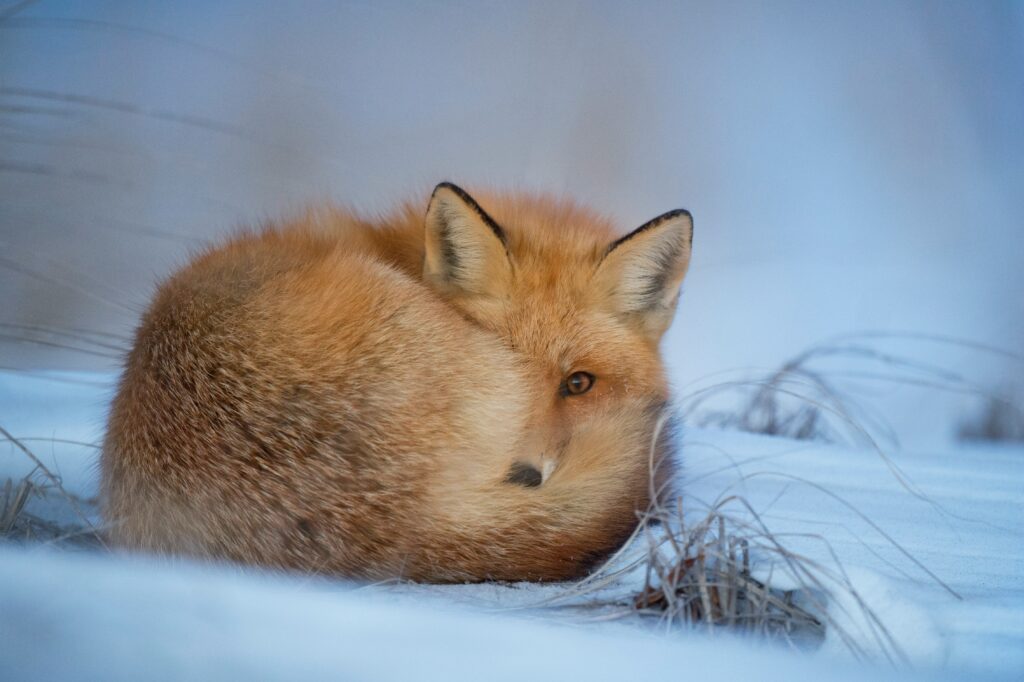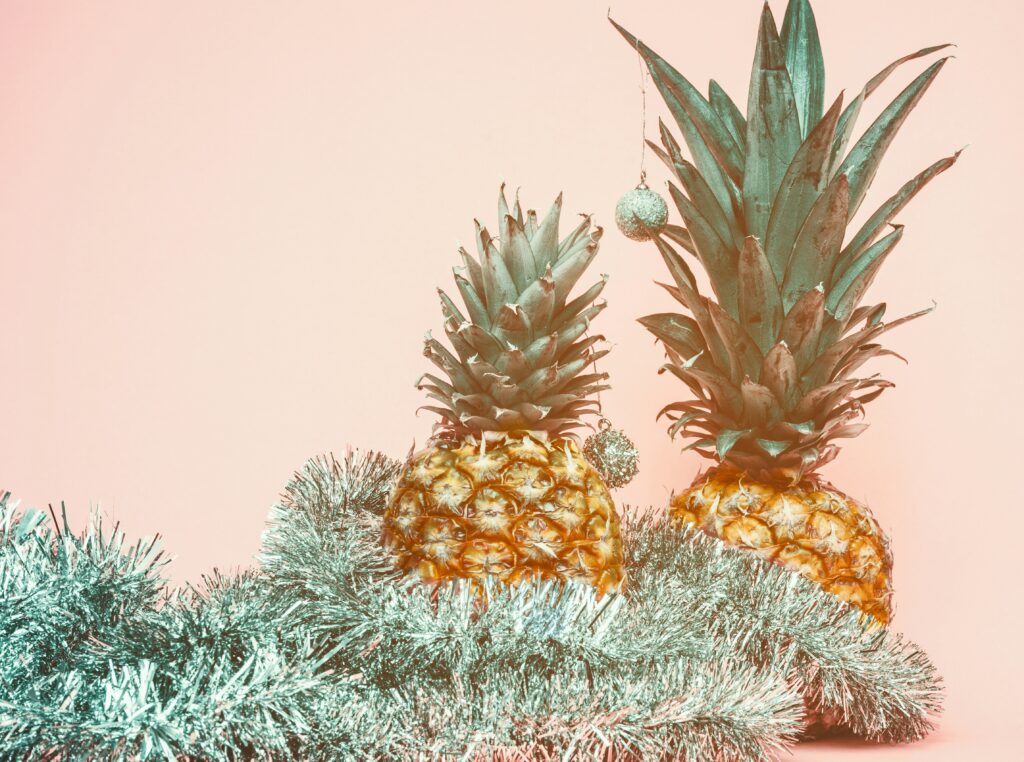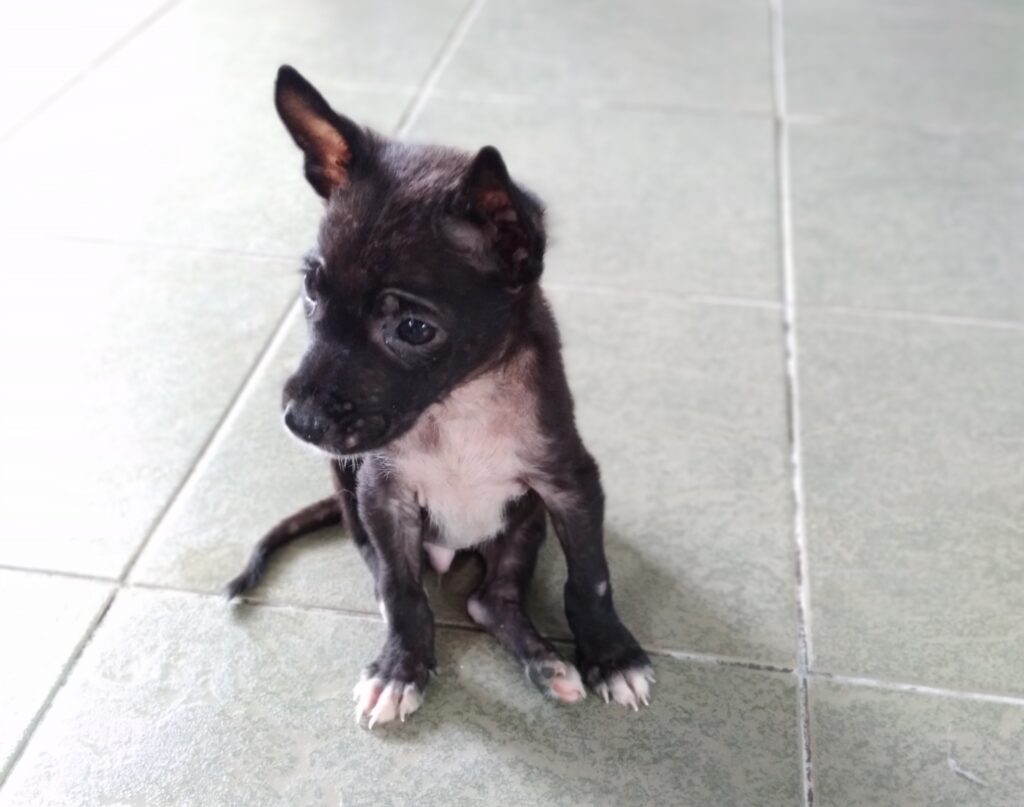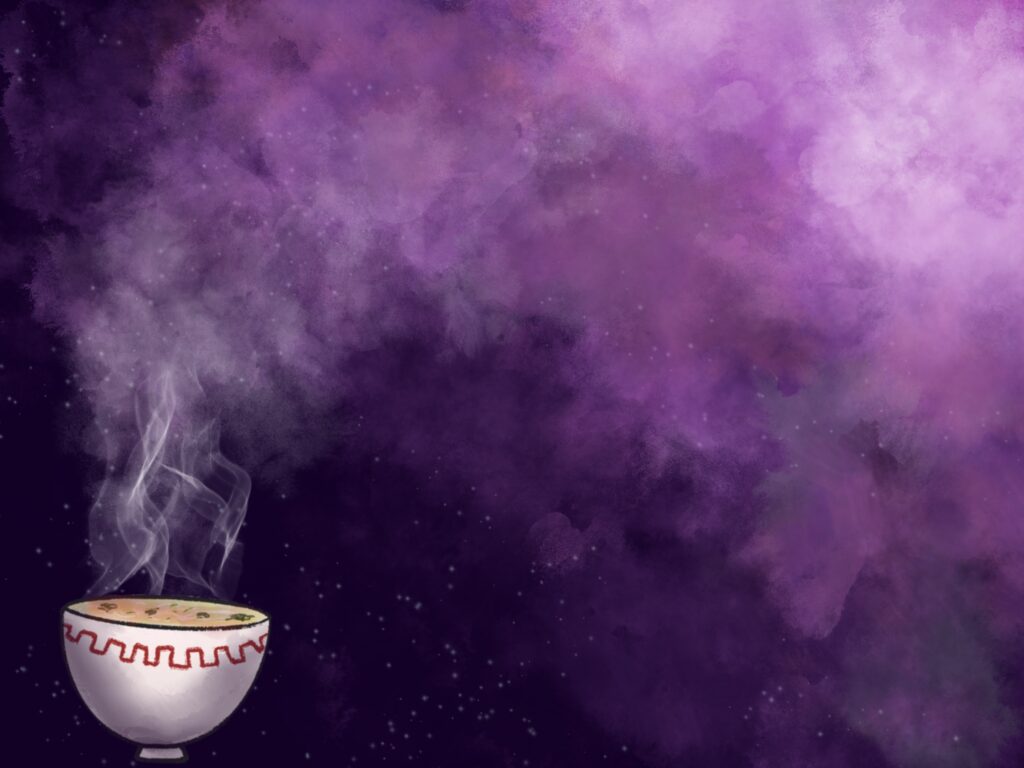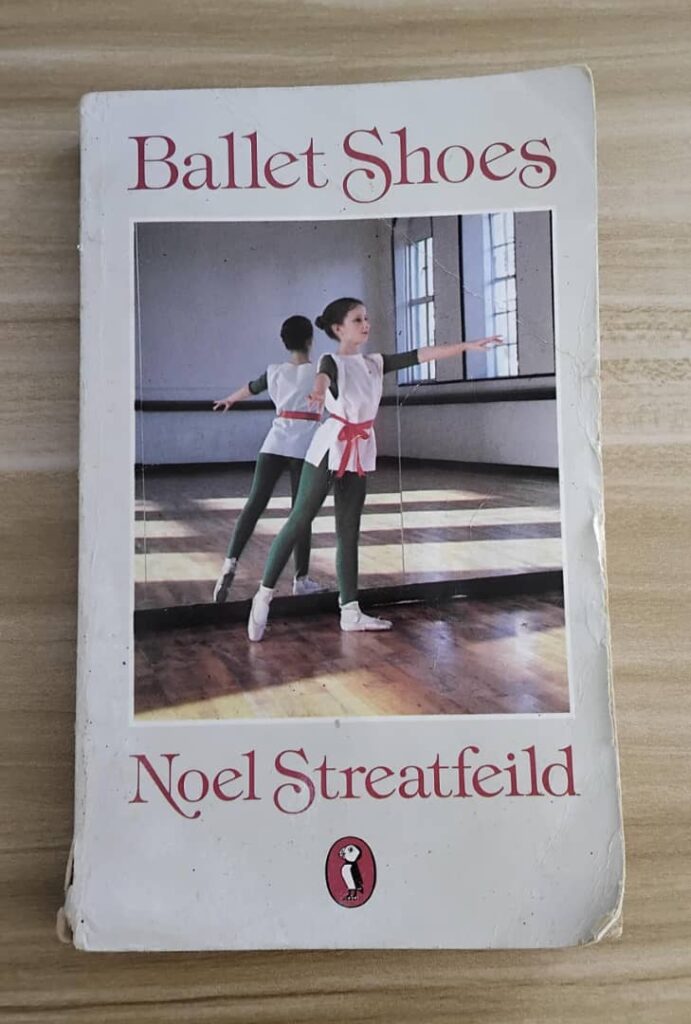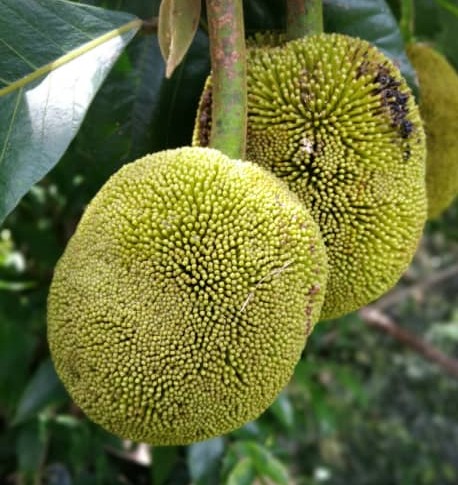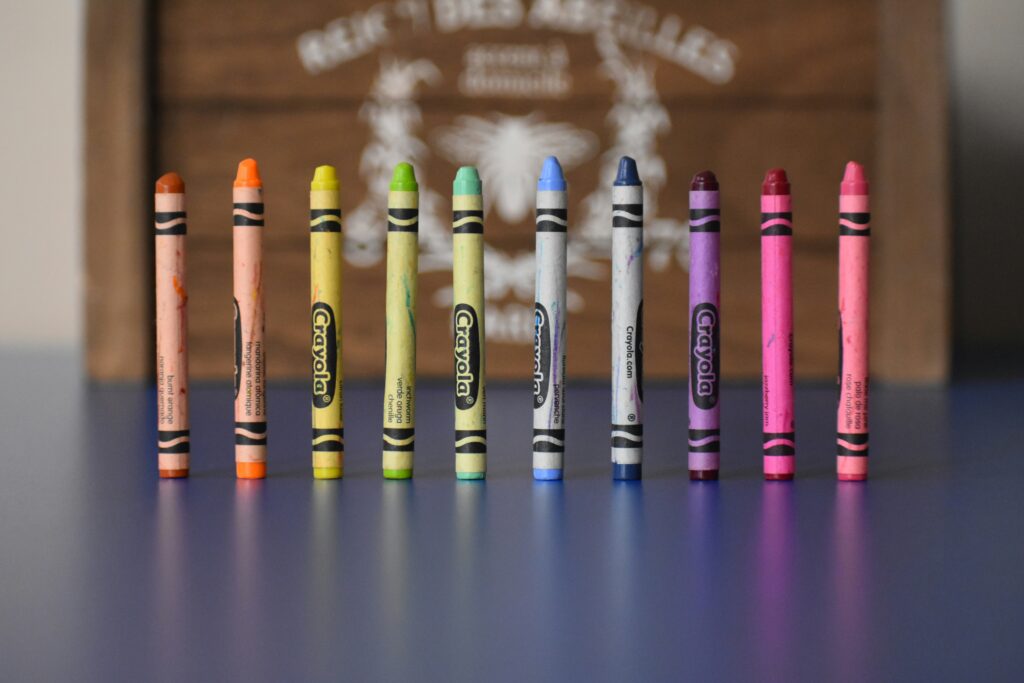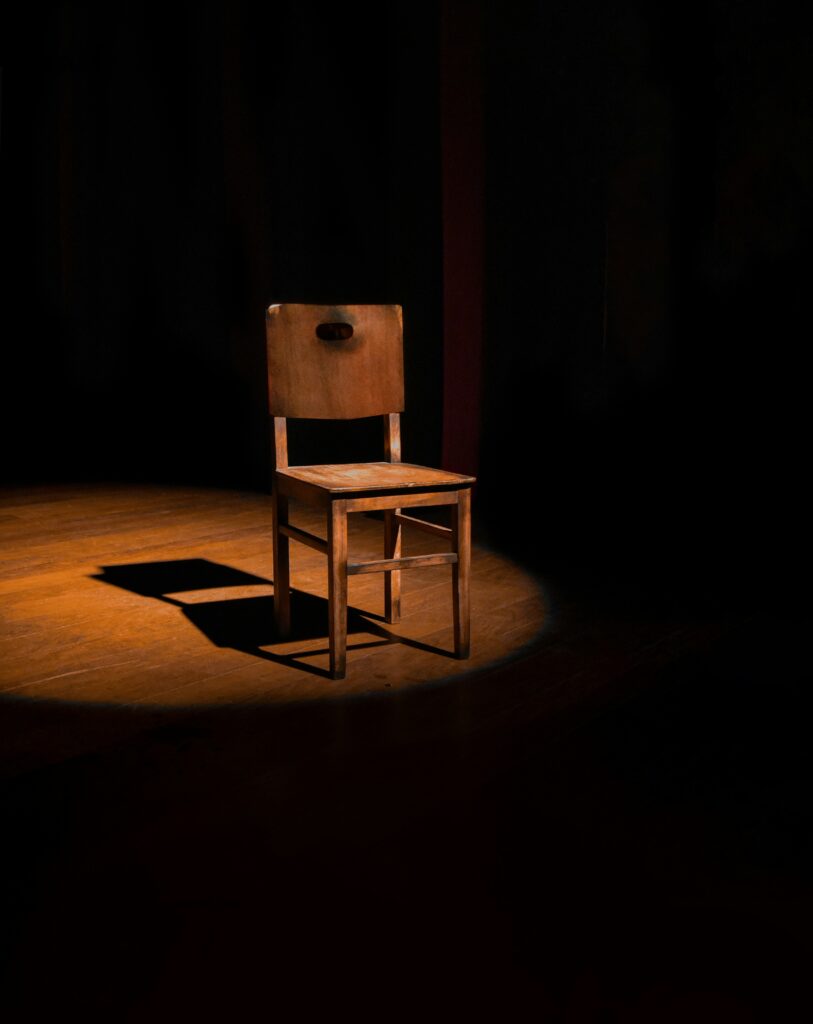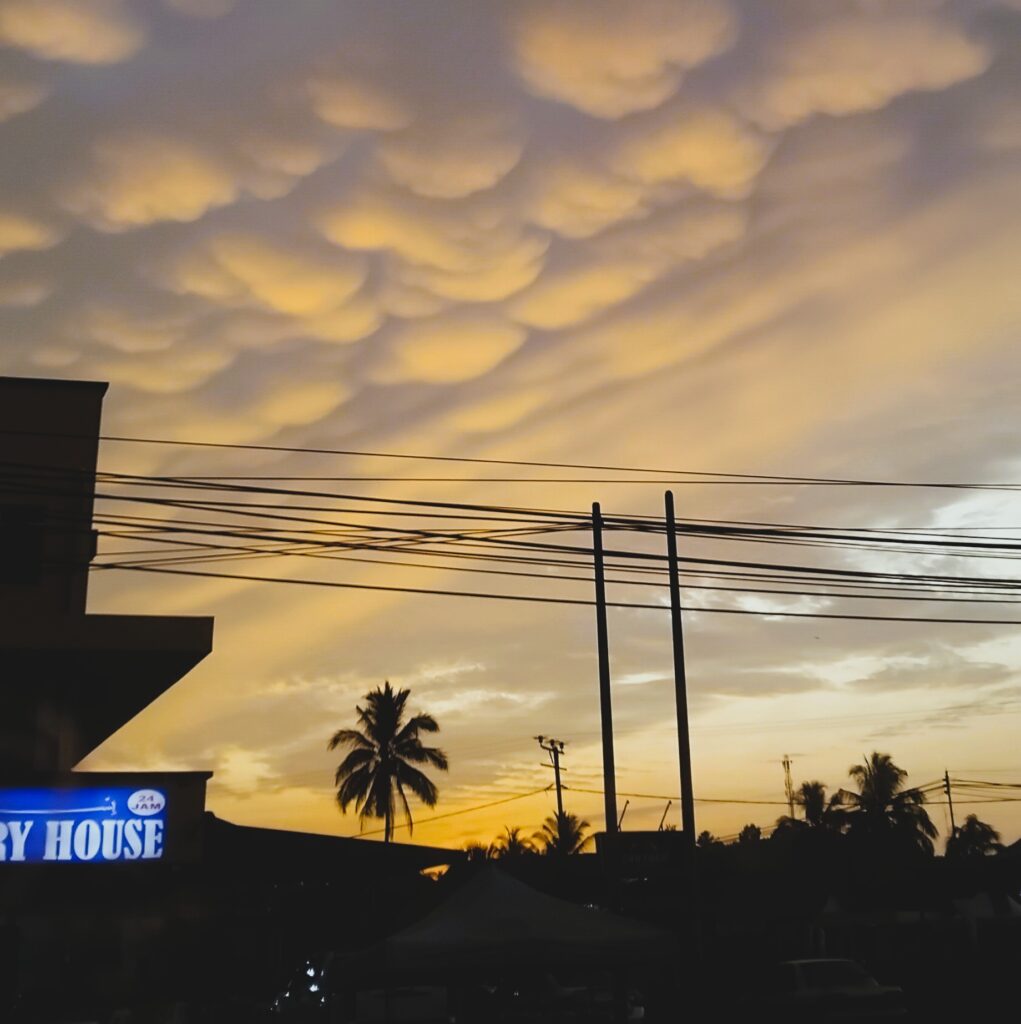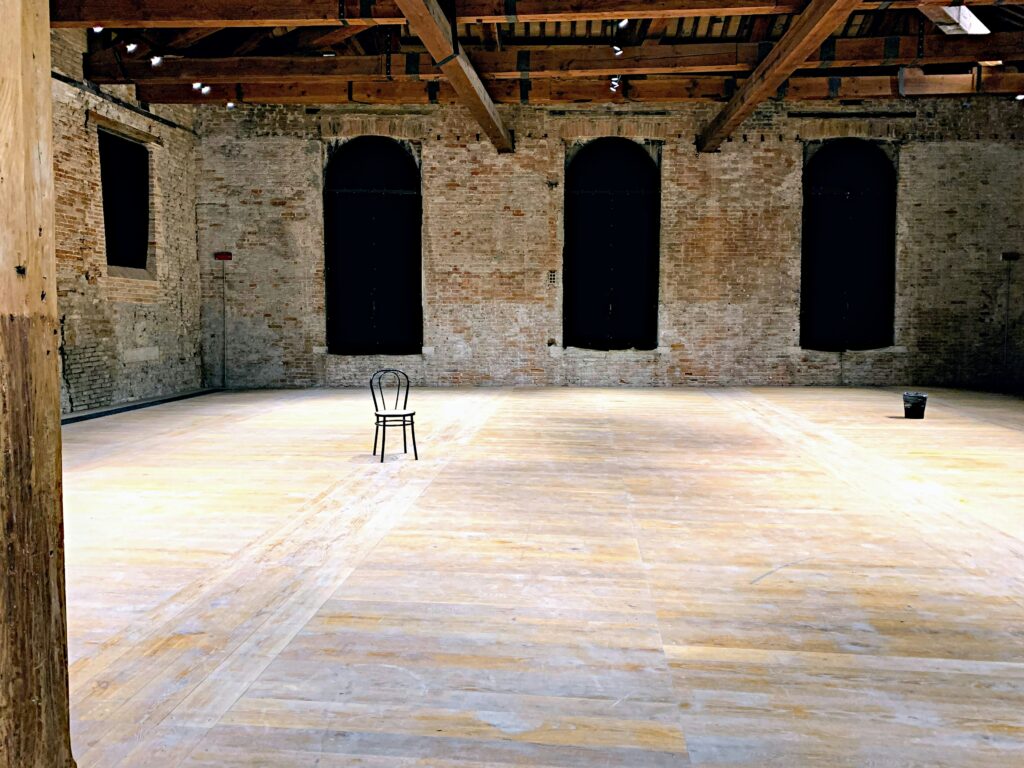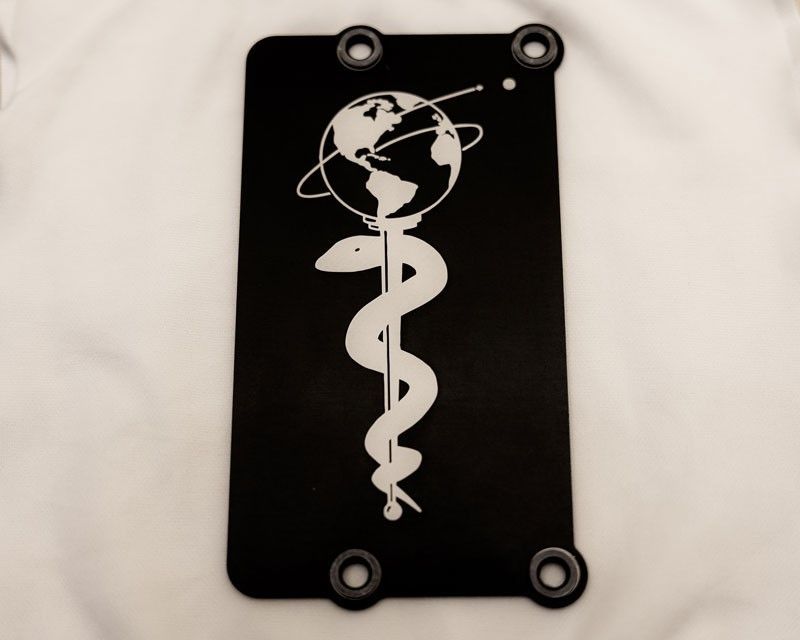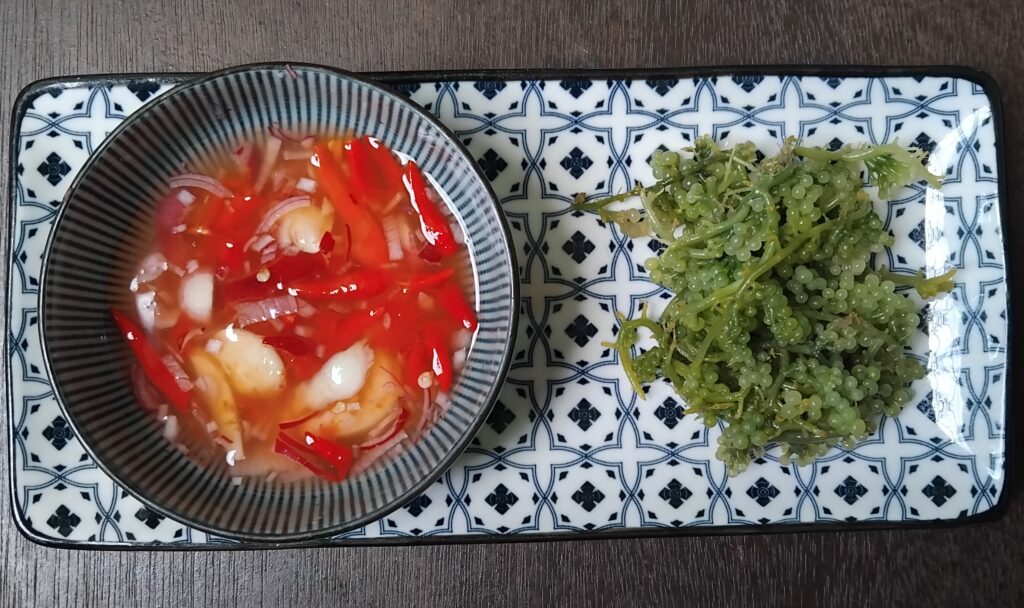Of Straw-Stacks and Sisters
By Laura Rikono
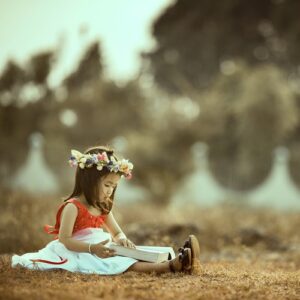
Ten minutes before I left the house, my boss called.
“The science class is cancelled today. Take Jisoo and Jennie instead. They need adjective practice.”
(By the way, this happens a lot. I once opened the classroom door to find six quiet ESL teenagers instead of the rambunctious kindergartners for which I had the mood and materials. That was fun.)
Without no time to prepare, I scoured the bookshelf for an adjective-rich text and came across On the Banks of Plum Creek by Laura Ingalls Wilder. Chapter 8, The Straw-Stack, is fairly short and has Garth Williams’ beautiful depiction of Laura and Mary tumbling joyfully through the air against a backdrop of straw.
Would this work? Would Jisoo (age 9) and Jennie (age 10) be interested? Living high up in a condo in a modern Asian city, these Korean sisters spent much of their day in classrooms. They didn’t know what a straw-stack was or what a kid might want to do with it. The first page of The Straw-Stack, with its scythes, wheat, yokes, fiddles, ploughs, and threshing, might as well be fantasy.
Most worryingly, neither of them liked reading. Jennie had recently declared she hated books.
However, they also trusted me. They knew that I wouldn’t force anything boring on them, that I would never scold them for not knowing something, and that I would play a card game with them at the end of the lesson if they behaved. So I packed the book and their favourite game Ligretto into my teaching basket and headed into the city.
Once in class, after the sisters had expressed their displeasure at my choice of text through heavy sighs and eye-rolling, we got down to reading. We patiently ploughed through 19th century agricultural vocabulary until we came to a very important sentence:
When Laura and Mary went up on the prairie to play, that morning, the first thing they saw was a beautiful golden straw-stack.
Suddenly they were interested. They didn’t know what a prairie was, but that didn’t matter because girls playing outside was something they understood. When the Ingalls girls started investigating that pile of straw, the K-girls became curious. And when Pa scolded his girls for sliding down the straw-stack, my girls were intrigued.
But that was only a foretaste of the drama to come because Laura and Mary return to the straw-stack the next day and simply can’t resist playing with it again. Jisoo and Jennie could relate. Resisting temptation is difficult, whether it’s playing in forbidden straw or cheating at Ligretto. They were rapt, their faces a mix of horror and anticipation as their eyes tracked the words on the page.
Then they brushed every bit of straw off their dresses, they picked every bit out of their hair, and they went quietly into the dugout.
Jisoo and Jennie were quiet, too.
When Pa came from the hay-field that night, Mary was busily setting the table for supper. Laura was behind the door, busy with the box of paper dolls.
Jisoo and Jennie were completely still.
“Laura,” Pa said, dreadfully, “come here.”
They were hooked.
Neither Jisoo nor Jennie started that day expecting to love a passage, especially not one about farm girls who played with paper dolls. But they sank into it as each emotional beat was given the time to breathe and unfold in their minds. Reading the chapter, they compared Laura and Mary’s world to their own, finding alignment in what it means to break rules and face consequences.
They saw themselves in these sisters, in these universal childhood moments – the thrill of doing something naughty, the desire to lead one’s sibling astray, the dread of facing an angry parent.
Looking back, I’m struck by how quickly we dismiss today’s kids as having no patience for books. Yes, a lot of my students spend too much time on screens. Yes, they groan when I pull Island of the Blue Dolphins out of my teaching basket. But here were two girls, completely absorbed in a story written 80 years ago about a world they’d never known. All it took was finding the right story – one that spoke to their hearts.
Freeing Caged Lions
On Artistic Courage in the Face of Doubt
Sometimes things collide in the most unexpected ways. On the one hand, I am slowly picking my way through Conversations with Goethe in the Later Years of his…

